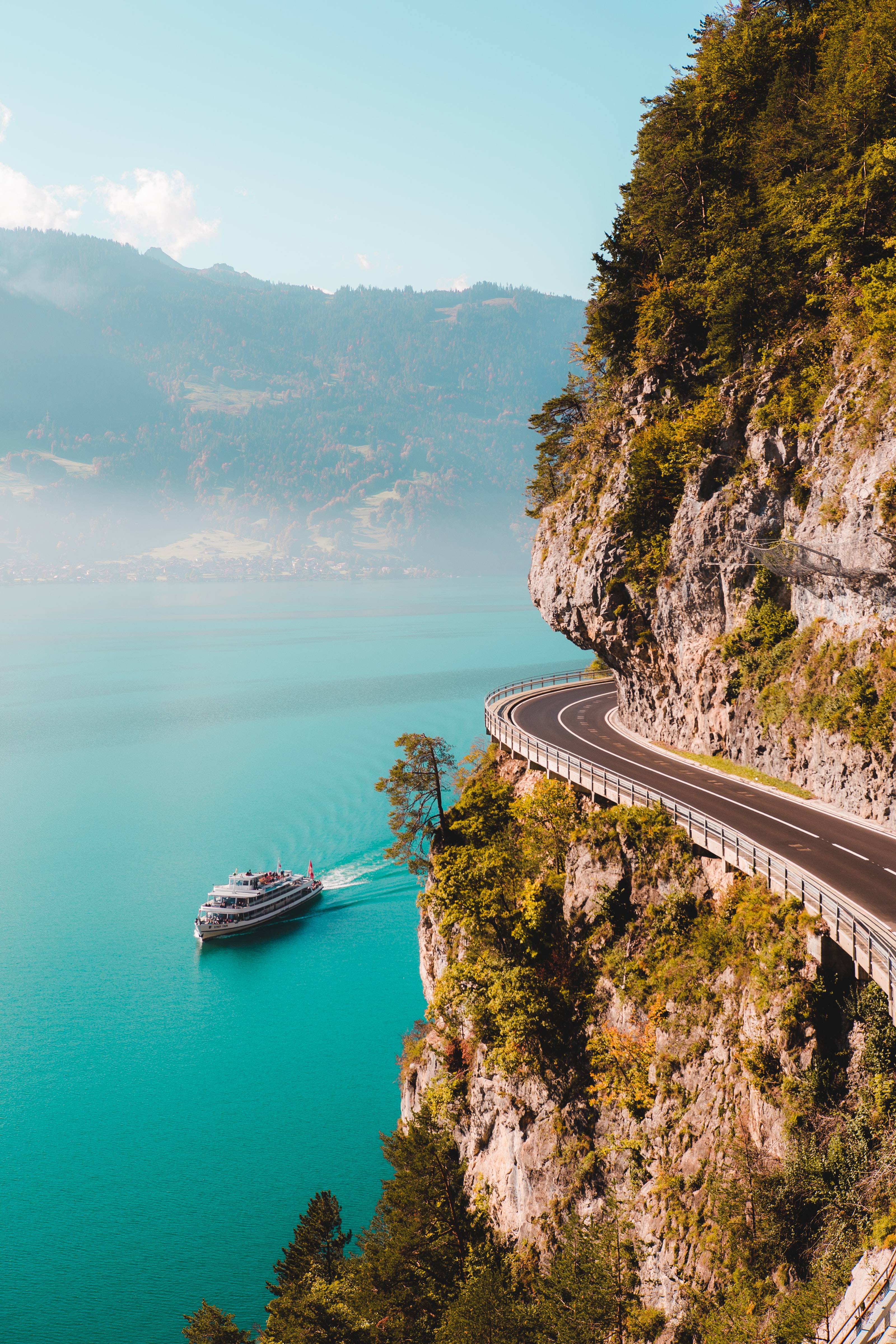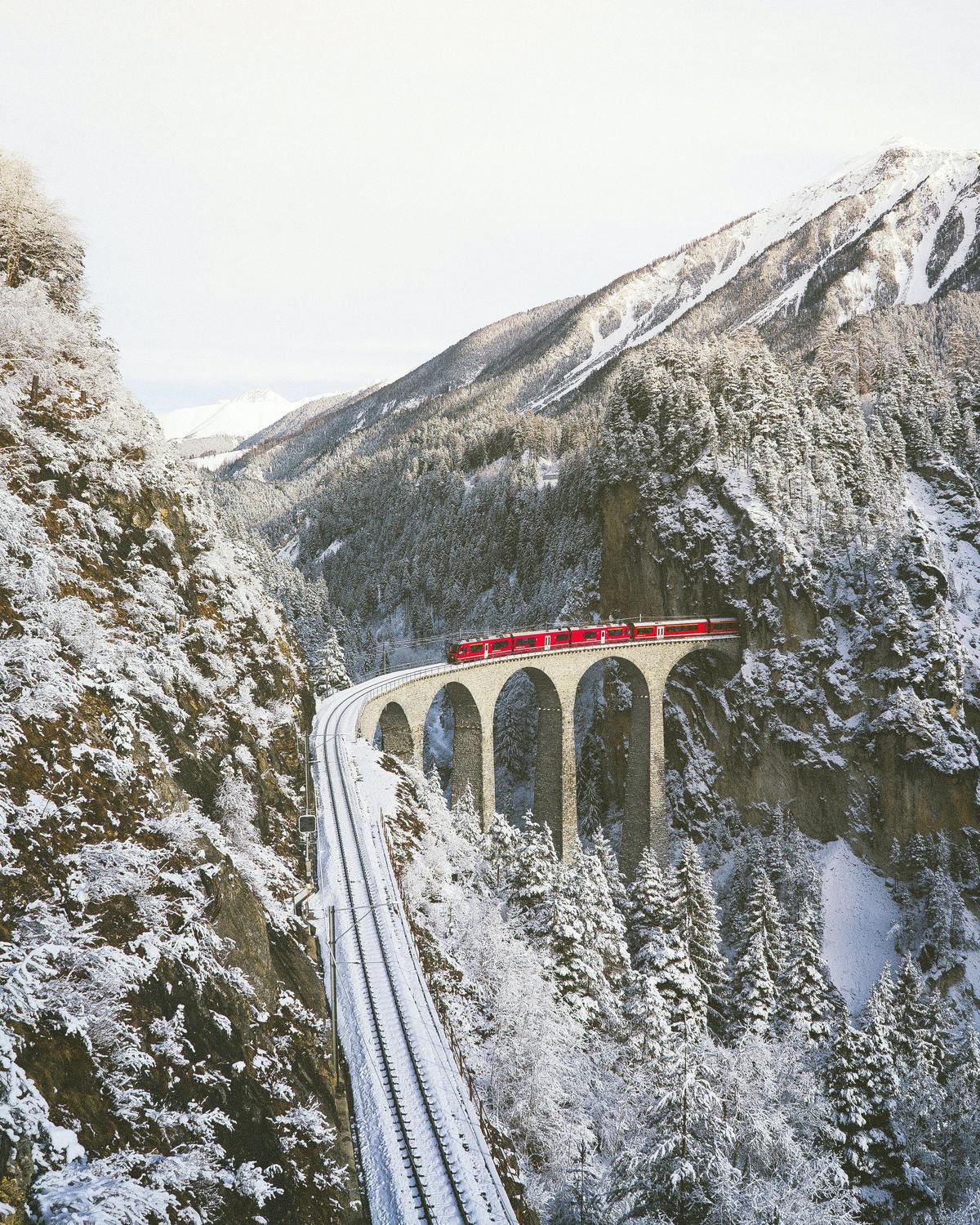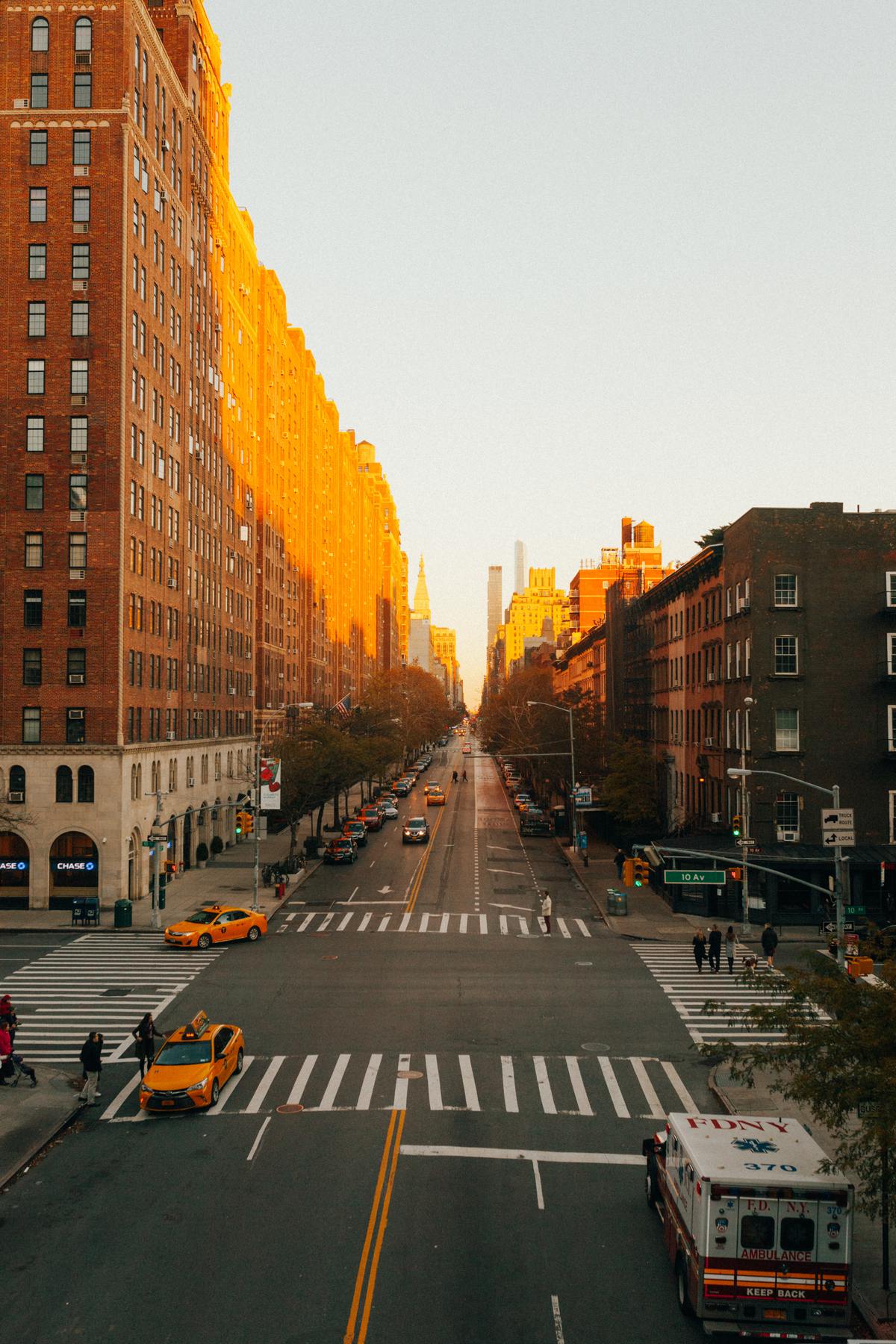The year was 1919, and the world had begun to recover from the haunting shadow of the Spanish flu. Fifty million people across the globe had died from this invisible disease, and the one question on everyone’s mind was “Where do we go from here?” After staring death in the face and surviving, people began to explore the world around them in an affirmation of life and health. Travel boomed for commercial flights and voyages. Many were desperate to escape the confines of home for bigger and brighter places.
Though the Spanish flu‘s reign of terror waned more than 100 years ago, its history tells us how travel can be affected by a global pandemic. During the last several months, travelers have dealt with many problems caused by COVID-19, such as canceling flights without adequate insurance, facing travel bans, and losing the financial means to pay for a dream trip. Though we, like the people in 1919, have no idea where to go from here, travel experts have ideas for what to expect in the coming years for travel.
Domestic Travel
Domestic travel will be popular in the short-term fallout of the pandemic. Experts expect international travel bans and restrictions to remain for a while after COVID. Therefore, without strong border patrol within countries between states and cities, domestic travel will increase as people try to escape the stifling confines of their homes. Private transportation methods, such as RVs and private plane flights, have grown in popularity in recent months. This means people are more likely to explore local areas before embarking on a transcontinental journey.
Though bigger cities were hit harder and thus have stricter health protocols for protection, more remote areas will be able to bounce back from the pandemic sooner. These remote areas where the main source of revenue is tourism will stay open to travelers. Bigger cities may take more than a year to settle back into a semblance of normality. However, tourist destinations will be putting in an obvious effort to cater to the heightened sensitivity to cleanliness and traveler health, meaning companies will be promoting new standards for cleanliness and restrictions for entrance.
This new attention to cleanliness will impact traveler accommodations. Though Airbnbs offer the benefit of longer and more flexible vacations than hotels, they will need to ensure an equal standard of sanitation for their individually owned homes. On the other hand, hotels have established standards of cleanliness, so they will simply need to be careful about public areas and contactless interactions with travelers.
International Travel
With the pandemic’s economic downturn, international travel will take a while to reach its former heights. It’s important to remember that travel will look different for every country as they each try to recover at their own pace. Harder-hit countries, like Mexico, Spain, and France, will naturally take longer to recover than others and may have stricter travel regulations. Therefore, the immigration queue will be long as countries carefully test and review the travelers trying to enter their country. Countries will try to ensure there are no further outbreaks because of incautious travelers.
Flights may also be too expensive for many lower-class travelers. Due to the financial struggles for the airlines, seat prices will rise as airlines try to recoup some of their lost revenue. Though the airlines may offer incentives, the middle-class and the upper-class will be better able to take advantage of international flights after the pandemic. There may be some working-class essential workers using their well-earned benefits to travel, but in general, many international travelers will be well-off.
This will likely also hold true for cruises. As one of the hardest-hit industries, with horror stories of trapped travelers, cruises will take years to fully recover from the pandemic. And even then, the cruise experience will be forever changed. Though cleaning standards have always been high, cruise lines will make their cleaning much more obvious to reassure passengers. The beloved buffet line will unfortunately be out of commission for the foreseeable future.
Major tourist attractions, such as museums or amusement parks, will not be as relaxed as in the past. Museums will enforce social distancing and likely require online bookings to help limit the number of visitors. Amusement parks will likely have smaller crowds with mandatory park visitor temperature checks. So get used to tighter travel restrictions; they are here to stay.
Much like after the Spanish flu, travel will eventually reach the heights of pre-pandemic times, but it will change to be more conservative and health conscious. However, some researchers believe this pandemic may have actually benefitted the tourist industries. Now there will be more regulations to prevent the spread of a global pandemic like the Spanish flu and coronavirus. As travelers, we need to be more conscious of our safety and health, but don’t let the new restrictions keep you from traveling! You may find that travel after COVID is one of the greatest adventures of your life.
—Paige Johnson




